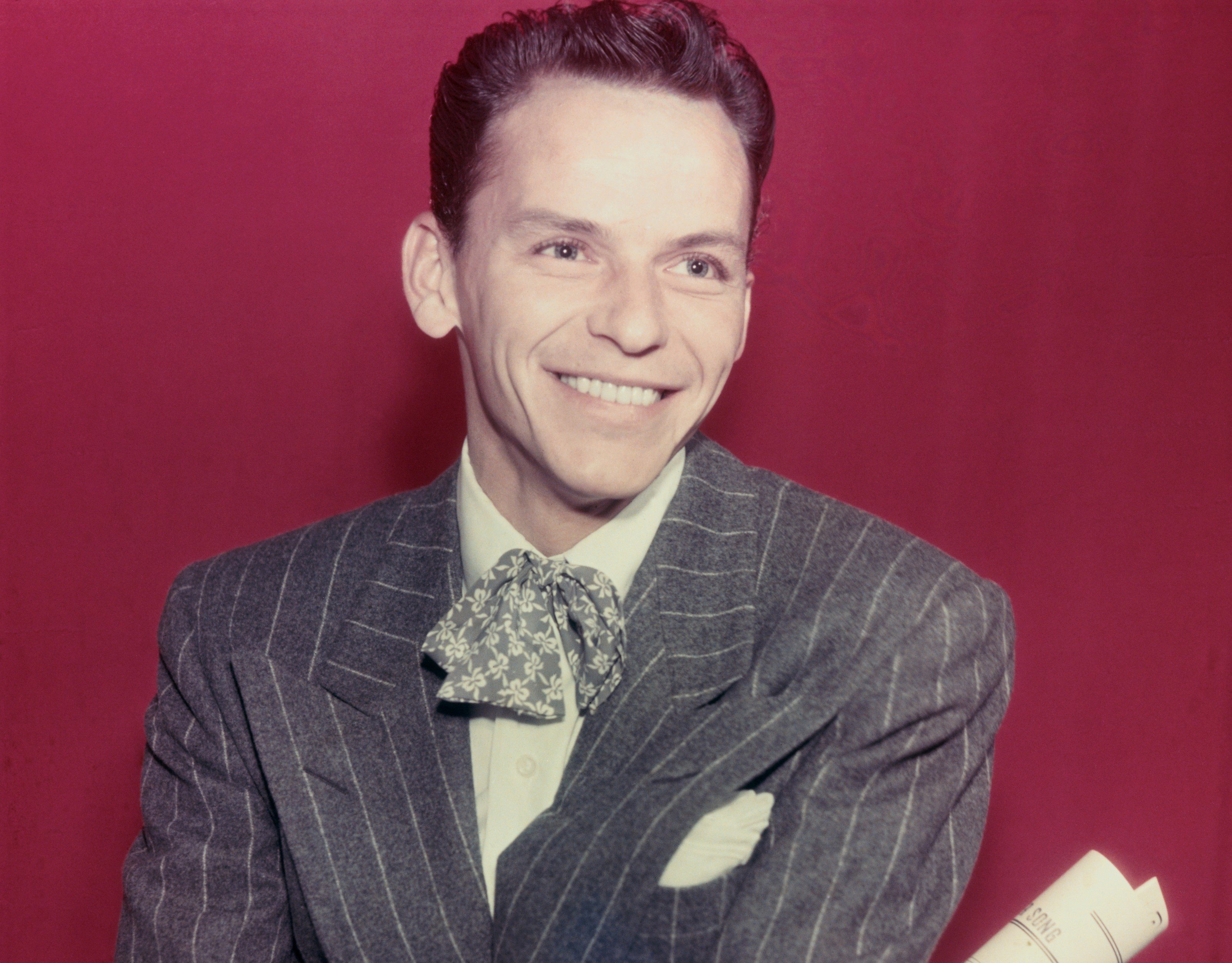Why 1 Historian Called Frank Sinatra the ‘Most Hated Man of World War II’
In the 1940s, Frank Sinatra began to rise as a teen music idol, drawing hoards of young fans to his shows. At the same time, however, some members of the American public grew resentful of the fact that Sinatra did not go to war. Though he gave reasons for not fighting, rumors swirled that Sinatra had bribed his way out of the draft.

Frank Sinatra’s birth left him with injuries and scarring
On Dec. 12, 1915, Sinatra was born in his family’s Hoboken home. The birth was difficult for his mother as Sinatra weighed 13.5 pounds. As a result, the attending doctor used forceps to ease the delivery.
Per Sinatra’s official website, he was not breathing when he was first born. His grandmother, acting fast, ran the infant under cold water until he began to breathe and cry. While he was alive and healthy, the forceps left significant scarring on his ear, cheek, and neck. They also punctured his eardrum.
As a result of the scarring, Sinatra picked up the nickname “Scarface” in his adolescence. He reportedly wore makeup to cover the scars and avoided being photographed on the left side of his face.
US citizens didn’t like that he avoided war
In the 1940s, Sinatra rose to prominence among young audiences. Some resented him for avoiding war, however. Per The New York Times, historian William Manchester once described Sinatra as “the most hated man of World War II” for not fighting.
Throughout his life, Sinatra maintained that he wanted to fight but could not because of his ruptured eardrum. While he did write on a draft form that he had “no physical or mental defects or diseases,” Sinatra told Army doctors that he still had “running ear” and “head noises” from the injury.
Sinatra also described himself as “neurotic, afraid to be in crowds, afraid to go in elevator, [wants] to run when surrounded by people.” He also said that he had “been very nervous for four or five years.” Ultimately, though, doctors declared him unfit for service primarily because of his ear.
Despite the legitimate exemption, some believed that Sinatra bribed his way out of service. On one occasion, sailors on leave threw tomatoes at an image of Sinatra outside the Paramount Theater in 1942.
Sinatra did his best to support American troops throughout his life. He performed for soldiers in Italy at the end of WWII and recorded special albums for them to listen to on the front lines. Several years later, he attempted to perform for American troops in Korea, though the Army did not grant him security clearance, worried he was a Communist.
The FBI tracked Frank Sinatra
Despite his efforts to support the American military, Sinatra’s alleged draft dodging sparked the attention of the FBI. For much of his life, the agency tracked Sinatra, building a 2,000-page file about him. The investigation primarily focused on his alleged mob ties and left-leaning politics. They did investigate an anonymous tip about Sinatra bribing Army doctors, however. Ultimately, FBI agents found no evidence that this occurred.


